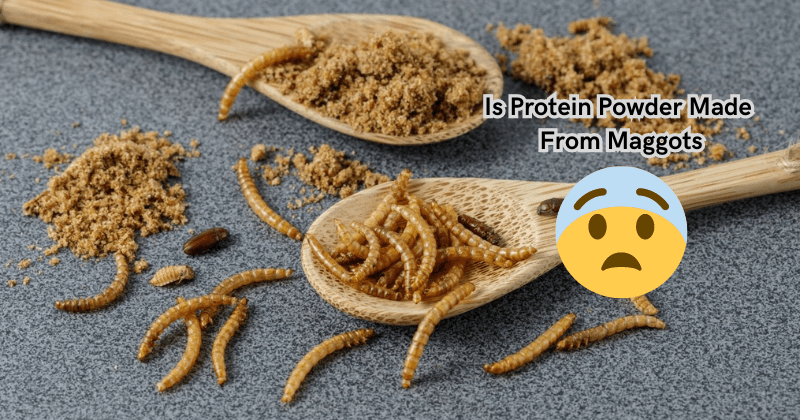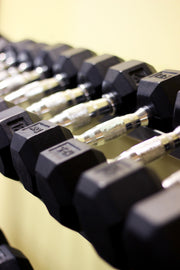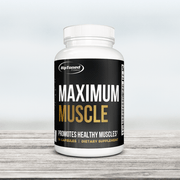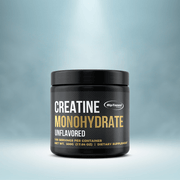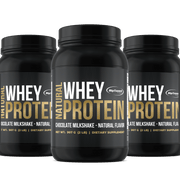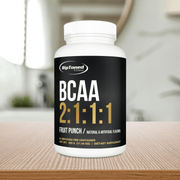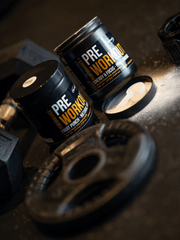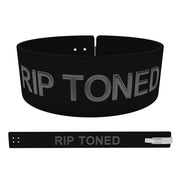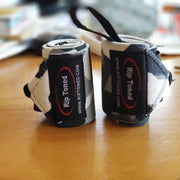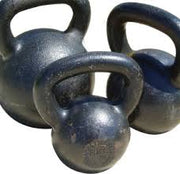Protein powder is a popular supplement used by athletes, bodybuilders, and individuals looking to increase their daily protein intake. It is typically made from various sources such as whey, casein, soy, or pea protein. However, there has been some controversy surrounding the idea that certain types of protein powders are made from maggots.
In this article, we will explore the truth behind this claim and provide an overview of how protein powder is actually made. We will also discuss the different types of protein powders available on the market and their potential benefits for muscle growth and overall health. So, let's put our curiosity to rest and find out if there is any truth to the idea that protein powder is made from maggots.
Types of Protein Powders and their Sources
Before we delve into the topic of whether protein powder is made from maggots, it's important to understand that there are various types of protein powders available on the market. These include whey, casein, soy, and pea protein powders.
Whey protein is derived from milk and is considered a complete protein as it contains all nine essential amino acids.
Casein protein is also derived from milk and is a slower-digesting protein compared to whey.
Soy protein, on the other hand, comes from soybeans and is suitable for vegans or those with dairy allergies.
Lastly, pea protein is made from yellow split peas and is often used as an alternative to soy or dairy-based proteins.
It's important to note that none of these sources include maggots in their ingredients, as we will discuss further in the next section.
IngreaIngredients in Protein Powder
Protein powder is made by extracting protein from its source and then processing it into a powdered form. This process involves filtering, drying, and grinding the protein source to create a fine powder.
While some cheaper protein powders may contain fillers or additives, most high-quality ones only include the protein source and perhaps some flavoring and sweeteners. The idea that maggots are used as an ingredient in protein powder is simply not true.
Furthermore, most reputable brands have strict quality control measures in place to ensure their products are safe and free from any contaminants. This includes regular testing for heavy metals, bacteria, and other harmful substances.
Additionally, the FDA strictly regulates dietary supplements, including protein powders, to ensure they are safe for consumption. So rest assured that your protein powder is not made from maggots.
Is Protein Powder Made From Maggots
Now that you know the ingredients of protein powder, let's address the main concern: Is it made from maggots?
The answer is a resounding no. As mentioned above, protein powders are derived from various sources such as milk, soybeans, and peas. Maggots have never been a part of this process.
It's possible that this misconception may have originated from the fact that some protein powders, particularly those derived from whey, come from animal by-products. However, these by-products are not maggots but rather the leftover liquid after milk has been curdled during cheese production.
Also, some cheaper protein powders may use low-quality ingredients or undergo inadequate processing, which can result in a spoiled or contaminated product. However, this is not the norm for reputable brands and should not be a concern when purchasing high-quality protein powders.
Plus, with proper storage and handling, protein powders have a long shelf life and are unlikely to harbor any insects or larvae.
The Benefits of Protein Powder
Now that we have established that protein powder is not made from maggots let's focus on the potential benefits of incorporating it into your diet.
Protein is an essential macronutrient that is crucial for building and repairing muscles, as well as supporting various bodily functions. It also helps keep you feeling full and can aid in weight management.
Protein powders offer a convenient way to increase your daily protein intake, especially for those who have higher protein requirements or struggle to meet their protein needs through whole food sources. They are also easily digestible, making them a popular choice for post-workout recovery.
However, it's important to note that protein powder should not replace whole food sources of protein in your diet. It should be used as a supplement and not as a primary source of nutrition.
How Protein Powder is Made
As mentioned earlier, protein powder is made by extracting protein from its source and processing it into a powdered form. This process can vary slightly depending on the type of protein used.
For example, whey protein is derived from milk and goes through a filtration process to remove the fat and lactose. It is then dried into a powder. Casein protein is also derived from milk but goes through a different filtration process, resulting in a slower-digesting protein.
Soy and pea protein require extraction from their respective sources before being dried and ground into powder form.
Also, different flavorings and sweeteners may be added to the powder before packaging. It's important to choose a high-quality protein powder with minimal additives for optimal health benefits.
Should You Use Protein Powder?
The decision to use protein powder ultimately depends on individual goals and dietary needs. If you struggle to meet your daily protein requirements through whole foods or have specific fitness goals, incorporating a high-quality protein powder may be beneficial.
However, it's important to note that protein powder should not be the only source of protein in your diet, and it should not be used as a meal replacement. Whole food sources such as lean meats, eggs, legumes, and dairy products should still make up the majority of your protein intake.
Consult with a healthcare professional or registered dietitian to determine if protein powder is right for you and how much you should be consuming based on your individual needs. So remember, while protein powder is not made from maggots, it should be used wisely in addition to a healthy and balanced diet.
Tips for Choosing a High-Quality Protein Powder
When it comes to choosing a protein powder, there are a few key factors to consider to ensure you are getting a high-quality product.
Here are some tips to keep in mind:
- Look for a reputable brand that has been third-party tested and certified by organizations such as NSF or Informed Choice.
- Pay attention to the protein source and choose one that aligns with your dietary needs and preferences.
- Check the nutrition label for any added fillers, additives, or artificial sweeteners.
- Consider the protein-to-calorie ratio to ensure you are getting a good balance of protein and other nutrients.
- Read reviews and do your research before purchasing to see what others have experienced with the product.
- Always consult with a healthcare professional or registered dietitian before incorporating a protein powder into your diet.
FAQs
What is the protein content in cricket protein powder made from maggots?
Cricket protein powder made from the larvae of the black soldier fly (also known as maggots) boasts a high protein content, often outperforming traditional sources. This makes it an excellent addition to food products for both humans and animals. It's important to note that the protein content can vary depending on the brand and processing method.
How does cricket protein powder made from maggots taste?
The idea of eating bugs initially puts many people off, but cricket protein powder made from maggots has a mild, nutty flavor that blends well with other ingredients. It's often used in protein bars, shakes, and other food products where the taste of the insects is not noticeable.
Can cricket protein powder made from maggots be used as animal feed?
Yes, cricket protein powder made from maggots is a highly nutritious option for animal feed. It offers a sustainable, high-protein meal that is easily digestible for many types of animals. It's particularly popular in the farming industry, where it's used as a supplement to traditional feeds.
How is cricket protein powder made from maggots, and how does it contribute to organic waste management?
Cricket protein powder is produced by farming black soldier fly larvae on organic waste. The maggots rapidly consume and break down the waste, converting it into body mass. They are then harvested, dried, and ground into a fine powder. This process not only reduces organic waste but also creates a sustainable source of protein.
Conclusion
In conclusion, protein powder is a convenient and versatile way to increase your daily protein intake. With proper storage and handling, it has a long shelf life and poses no risk of containing insects or larvae. It can be beneficial for those with higher protein needs or specific fitness goals but should not replace whole food sources of protein. To ensure you are getting a high-quality product, pay attention to the protein source and read nutrition labels carefully.
Ultimately, consult with a healthcare professional or registered dietitian to determine if protein powder is right for you and how much you should be consuming based on your individual needs. Remember, protein powder is just one small piece of the puzzle for overall health and should always be used in addition to a well-rounded diet and exercise plan. So go ahead and enjoy your protein shake guilt-free!

